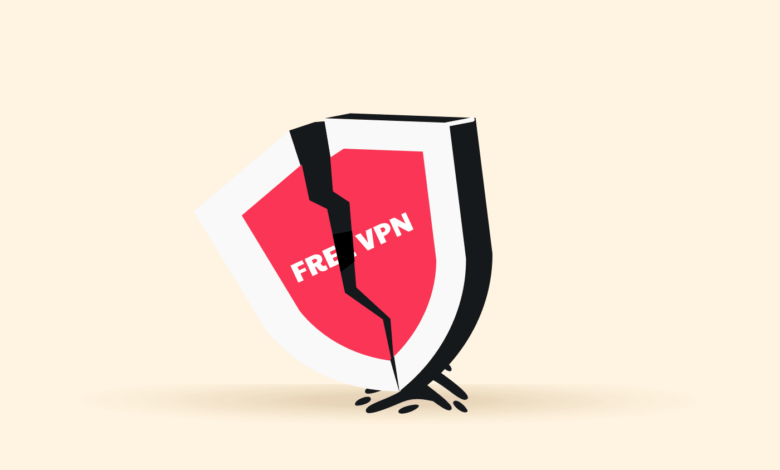
A worrying trend has emerged as virtual private networks (VPNs) become popular among internet users seeking online privacy. A new survey by ExtremeVPN suggests that convenience is trumping privacy, with over 40% of Americans opting for free VPN services with hidden risks.
The appeal is obvious—who doesn’t like something for nothing? But experts warn that you may be paying more than you think. “They frequently make money by selling user data, compromising privacy and security.”
This tendency is most pronounced among Generation Z, with nearly half drawn to the lure of free VPNs, seemingly oblivious to potential threats to their cyber safety. But they aren’t the only ones buying into the idea. Overall, VPN usage in America dropped slightly over the past year, suggesting growing complacency about online risks.
Yet, amidst sinking privacy standards, there are positive signs. The number of paid VPN subscribers is rising steadily, especially among those aged 25–44 who are most concerned about their digital footprint. This group has realized that, when it comes to security, you get what you pay for.
Mark Wilkins, a sales executive from Chicago, started using a paid VPN service last year. “I traveled a lot for work and was worried about using public networks,” he explains. “My kids are also getting older, so I wanted to ensure our devices were secure.”
For him, the minimal subscription fee provides peace of mind. Mark says.
“It’s worth knowing my family’s data is safe and private,”
Experts echo that using a reputable paid service like ExtremeVPN is the safest bet. Their robust encryption prevents data mining, while unlimited bandwidth prevents throttling and lag. No logs are maintained, ensuring your information isn’t tracked or stored.
So next time a free VPN tempts you, consider the risks. Your privacy is precious; don’t let it be stripped away in exchange for a few dollars saved. As ExtremeVPN’s motto goes,
“Go premium for true online freedom.”



